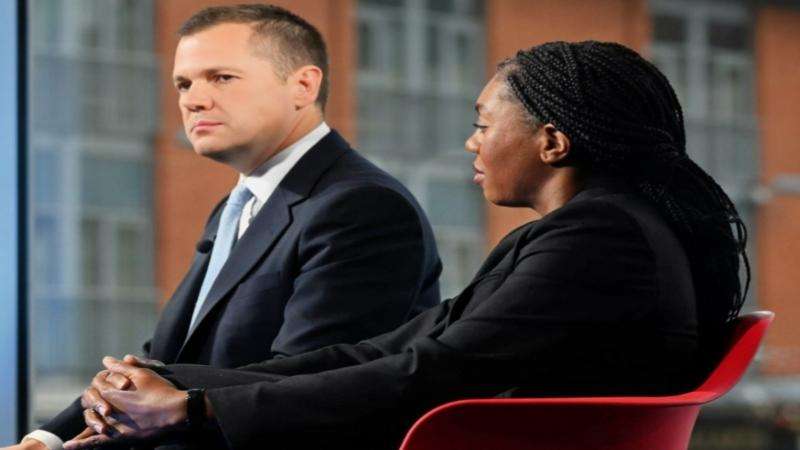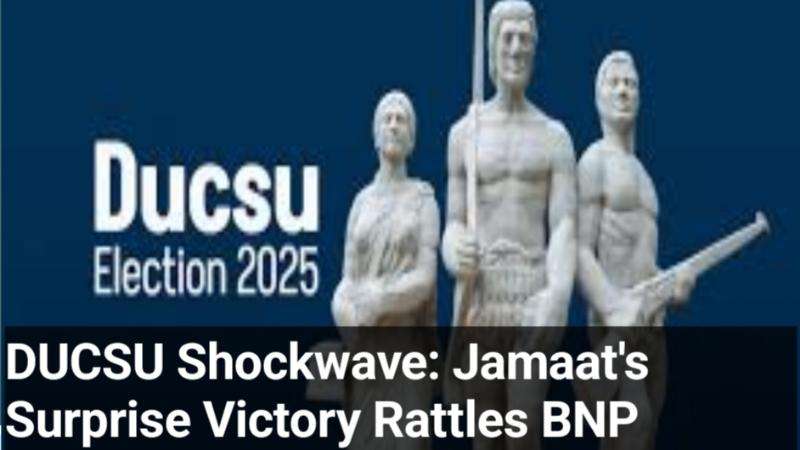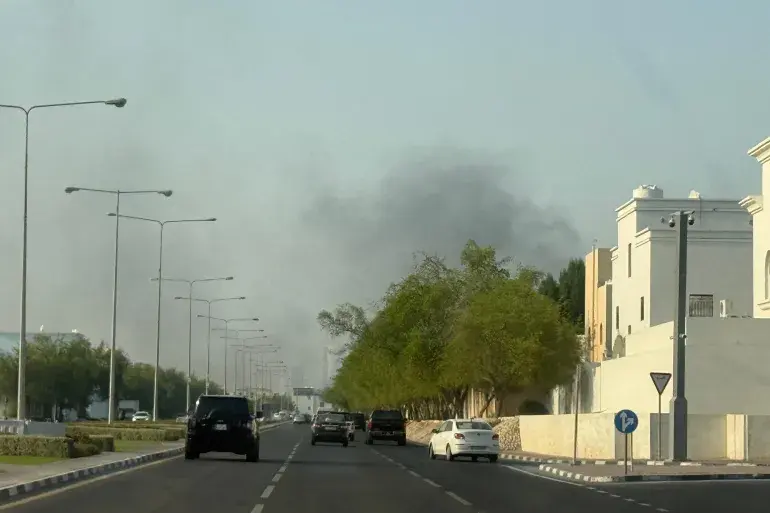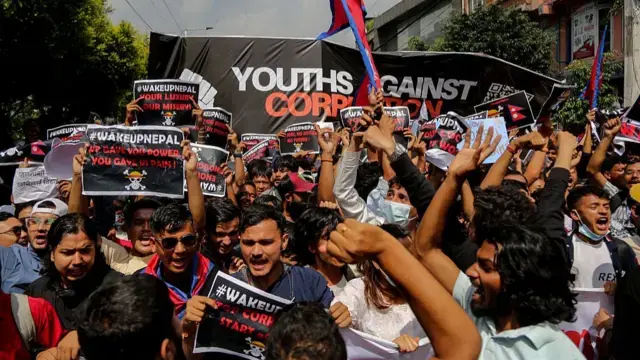The political landscape of Bangladesh has been dramatically reshaped following the results of the Dhaka University Central Students' Union (DUCSU) election, with a surprising victory by a panel supported by Jamaat-e-Islami. The outcome has sent a shockwave through the Bangladesh Nationalist Party (BNP), which is now grappling with disappointment and the fear of a domino effect in upcoming national elections, Daily Dazzling Dawn understands.
The DUCSU polls, held on September 9, 2025, were the first major student elections since the "July Revolution" that ousted the Awami League government in 2024. The elections were largely peaceful and were seen as a bellwether for the country's political direction. While the full results are still being analyzed, the initial trends and key victories by Jamaat-backed candidates have been a major jolt to the BNP, which had anticipated a stronger performance from its student wing, the Jatiyatabadi Chhatra Dal (JCD).
BNP leaders are currently engaged in a period of intense self-reflection, seeking to understand the root causes of their setback. A key concern among the leadership is that this defeat could be a harbinger of a broader trend, with the party facing potential "debacles" in all upcoming university student union elections. The fear is that these student elections, often seen as a training ground for future politicians and a measure of a party's grassroots support, will have a significant impact on the next national parliamentary election.
Sources within the BNP point to a combination of factors for their poor showing. A major point of contention is a perceived "strategic blunder" in their approach to the student elections. There is also a strong sense that Jamaat-e-Islami's student wing, Islami Chhatra Shibir, had been meticulously preparing the ground for the elections long before other parties, a critical factor that gave them a significant advantage. The BNP's persistent "image crisis" across the country, particularly among the youth, is also being cited as a contributing factor. The party has faced accusations of internal disunity and has struggled to connect with a new generation of voters who were at the forefront of the student-led movement last year.
However, some within the BNP are quick to offer a word of caution against drawing premature conclusions. They highlight historical precedents where smaller leftist parties, such as the Workers' Party of Bangladesh (BASAD), have performed well in student union elections without being able to translate that success into the national arena. These leaders argue that student politics and national politics operate on different dynamics, and a setback in one does not necessarily guarantee a defeat in the other.
Despite the internal discussions, senior leaders have been hesitant to offer public comment. A high-ranking UK BNP leader, known to be close to acting party chairman Tarique Rahman, refused to provide any statement on the DUCSU election results, indicating the sensitivity of the issue and the party's desire to formulate a coherent response before making any public pronouncements.
The DUCSU election was a highly competitive affair, with a total of 471 candidates vying for 28 posts. The peaceful conduct of the polls was widely praised, and the live vote counting displayed on LED screens outside polling centers was a new initiative aimed at transparency. The results, however, have laid bare a new reality in Bangladesh's political landscape, where the influence of different student groups, particularly those with a strong organizational base like Jamaat-e-Islami, is shifting in the post-Awami League era.
_8.jpg)
_5.jpg)
_8.jpg)





.svg)


